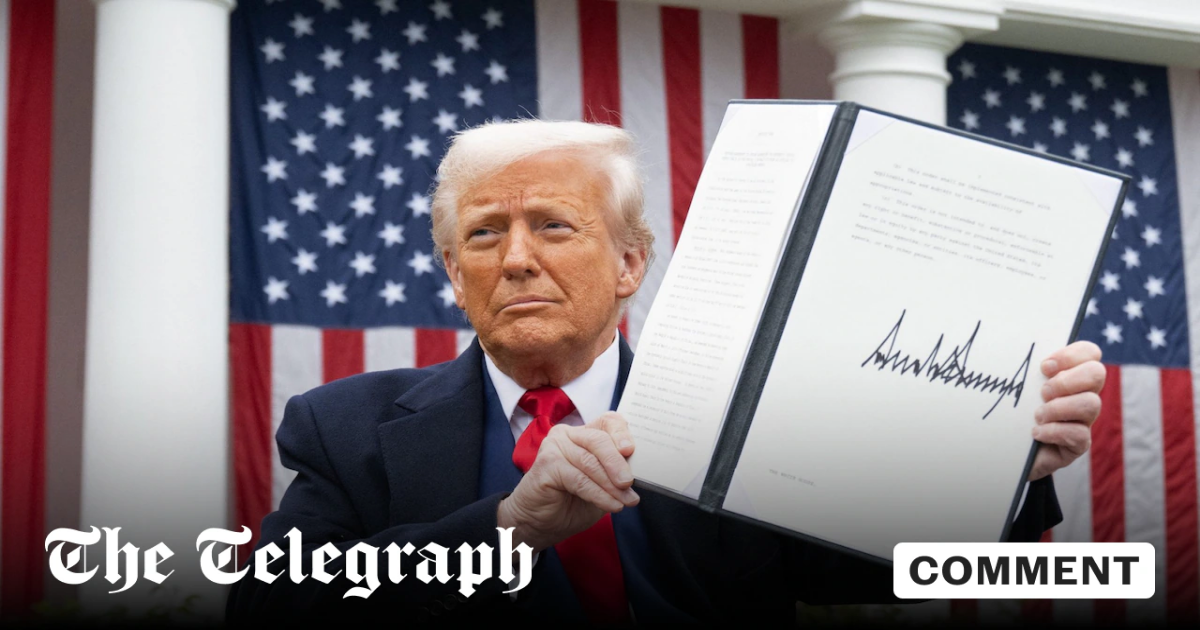With escalation comes still greater damage. The chances of an outright recession have ratcheted up to at least 80pc, as financial markets are already signalling via plummeting equity prices and bond yields.
The only question is, really, whether it is a shallow and short-lived contraction, with supply chains adjusting relatively quickly to the shock of the new global order in trade (or more accurately, the lack of it), or a deep and long-lasting one.
The latter is becoming a real possibility, for it is not just the direct economic impact of Trump’s protectionism that so troubles markets; rather, it is the wider impact on business confidence. Trust in predictable and stable economic policy has evaporated.
Most of the modelling suggests what one might think of as a relatively modest direct impact of between 0.5pc and 1pc of GDP, with estimates strongly clustered around the higher end of the range.
In the scale of economic shocks, this is not that big, but none the less cannot lightly be dismissed as irrelevant.
All the forecasts only so recently aired by Rachel Reeves, the Chancellor, in her Spring Statement, already look like yesterday’s chip paper.
However, even if it is the full 1pc, it would not by itself be enough to cause a global recession, all other things being equal.
Indeed, it could arguably be thought of as no worse than Brexit was for the UK economy; despite the warnings, this proved far from existential.
What Brexit did do, however, was demonstrate the corrosive effect on economic activity of policy uncertainty. Business investment all but froze up in the three and bit years of paralysing political argument that followed the referendum vote.
It is that sense of the US gone mad which is likely to do the most damage, assuming Mr Trump doesn’t quickly back off.
The realisation among political and business leaders that they are no longer dealing with a rational force, or one that stays within the limits of accepted behaviour, is going to do real harm to investment intentions, never mind the impact on disposable incomes in the US from higher prices.
It’s like that moment in The Godfather where Jack Woltz wakes up to find a horse’s head alongside him in the bed – the purpose is to frighten and let Woltz know who’s in charge.
Faced with such an operator, who’s to say what comes next?
If, for instance, Europe retaliates by targeting the digital economy, where the US currently enjoys a considerable trade surplus, Mr Trump might respond with increased US protections around financial services and other service based industries so far unaffected by the blizzard of new tariffs.
Already angry with the US Federal Reserve for failure to cut interest rates as he would like, he might also strip this pillar of the economic establishment of its independence, thereby endangering the dollar’s core position in the global payments system as well as the US’s ability to service its debts.
